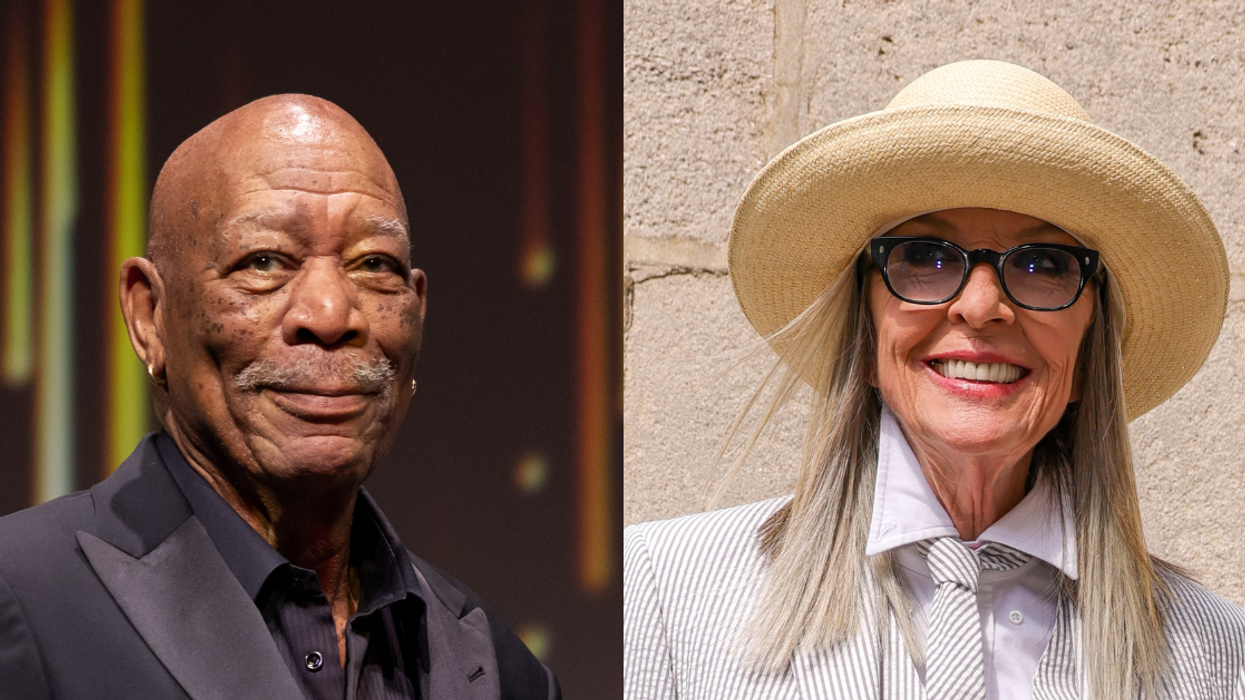The controversy over the phrase “OK Boomer" has been raging for the past couple of weeks.
The latest development in the debate is striking many as a bit arbitrary and unreasonable.
In a time when members of the LGBTQ+ community can legally be fired just for being themselves in many states, some employment lawyers are saying that “OK Boomer" could constitute ageist hate speech and be grounds for termination.
An email sent to Business Insider reporter Rachel Premack highlighted the potential issues for employers.
“With the widespread attention of the phrase 'OK boomer,' many sincerely (and for employers dangerously) do not appreciate the potential ageist interpretation of the term."
“The Federal Age Discrimination in Employment Act (ADEA) protects workers over the age of 40 – a category that includes all 'boomers' – from discrimination or harassment on the basis of age."
The phrase definitely has age-based connotations, but is not considered by most people to be a slur, or particularly hostile. Rather, many who use the phrase see it as a way to turn years of degradation and dismissal back on their source.
After years of ragging on Millennials for their supposed entitlement, laziness and lack of work ethic, it makes sense that the group would be fed up with the constant criticism.
New Zealand Green Party MP Chlöe Swarbrick has featured heavily in the debate over the phrase, after using it toward an opposing MP who chose to repeatedly talk over her, dismissing her concerns, and outright heckling her during her speech in support of new green legislation.
Her description of the feelings behind the phrase during a BuzzFeed News interview are echoed by many online.
“It is a relatively innocuous pair of words. I think that for some, it signals the absolute sense of exhaustion with having to articulate time and time again that things never seem to change on a systemic level, and then being met with dismissal."
Of the effect of her utterance and the attention it has gotten, Swarbrick said:
“I think that hopefully, even though it's riled a few people up, it serves to start more of a conversation about generational equity and the need to have a longer view or vision or perspective about the impact of a policy."
Quite a few folks on social media were extremely disdainful of the message that “OK Boomer" could be considered hate speech and a fireable offense when there are people who can legally be fired just for existing and refusing to hide who they are.
Only 21 states and the District of Columbia have protections for LGBTQ+ people explicitly laid out in state laws, and there are no protections at the federal level.
Twitter user @SilverSoul164 pointed out that they can be fired just for being trans if their employer is a bigot.
Other folks echoed the sentiment that there are other populations who need their rights protected like this too.
Some were blown away by the speed at which “Boomer" has come to be considered insulting and many posited that it probably had something to do with the fact that the majority of people in positions of power are of the Baby Boomer generation.
Others thought that if “Boomer" is disallowed in the workplace then other terms for generations, which have often been used to malign those who are part of those generations, should also be banned.
Some folks suggested creative ways to avoid using the phrase and still get the point across.
These probably won't go over any better than “OK Boomer" though.
The United States Supreme Court heard three cases in October in which the claimants who had their employment terminated for being LGBTQ+ asserted that they should have been protected by Title VII of the Civil Rights Act of 1964. During October's hearing, the court seemed to be divided in their opinions.
The court will not announce their decision until some time next year, but how they rule could affect the lives of millions of LGBTQ people living and working in the US.
Discrimination of any sort in the workplace is unacceptable, but members of the Baby Boomer generation are certainly not the only ones facing it.














 mass.gov
mass.gov cdss.ca.gov
cdss.ca.gov
 Sad Break Up GIF by Ordinary Frends
Sad Break Up GIF by Ordinary Frends  so what who cares tv show GIF
so what who cares tv show GIF  Iron Man Eye Roll GIF
Iron Man Eye Roll GIF  Angry Fight GIF by Bombay Softwares
Angry Fight GIF by Bombay Softwares 
 @jimmykimmellive/Instagram
@jimmykimmellive/Instagram @jimmykimmellive/Instagram
@jimmykimmellive/Instagram @jimmykimmellive/Instagram
@jimmykimmellive/Instagram @jimmykimmellive/Instagram
@jimmykimmellive/Instagram @jimmykimmellive/Instagram
@jimmykimmellive/Instagram @jimmykimmellive/Instagram
@jimmykimmellive/Instagram @jimmykimmellive/Instagram
@jimmykimmellive/Instagram @jimmykimmellive/Instagram
@jimmykimmellive/Instagram @jimmykimmellive/Instagram
@jimmykimmellive/Instagram @jimmykimmellive/Instagram
@jimmykimmellive/Instagram @jimmykimmellive/Instagram
@jimmykimmellive/Instagram @jimmykimmellive/Instagram
@jimmykimmellive/Instagram @jimmykimmellive/Instagram
@jimmykimmellive/Instagram @jimmykimmellive/Instagram
@jimmykimmellive/Instagram